12 Early Computer Brands That Faded Away Too Soon
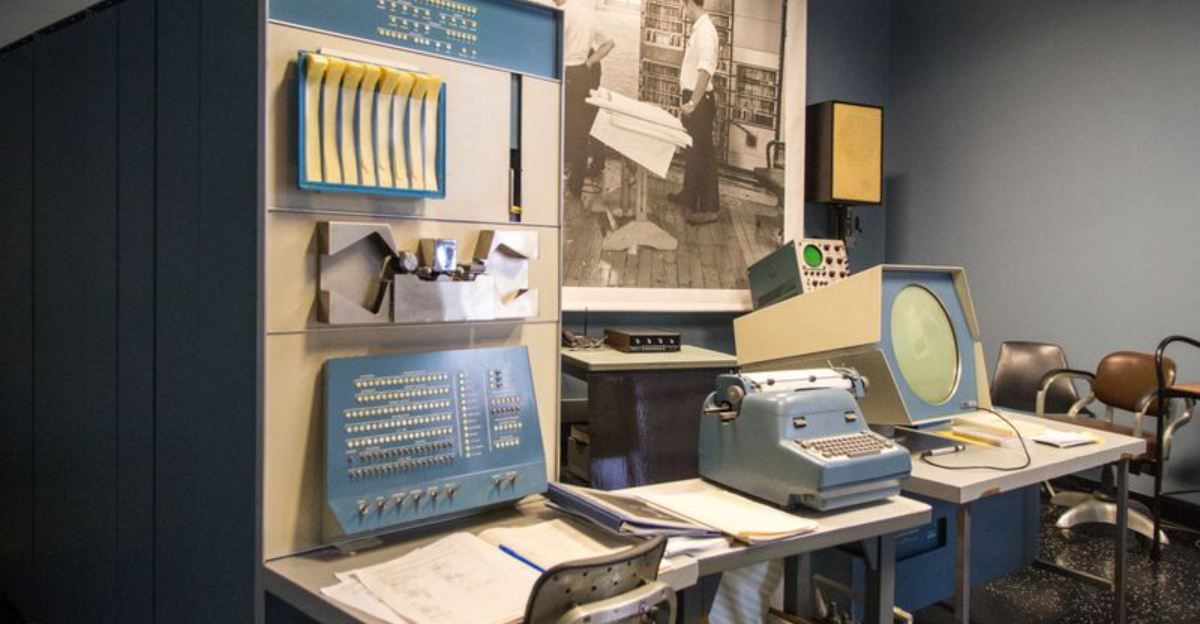
In the world of technology, some brands arrive with a bang, making waves with innovation and ambitious designs, only to fade into obscurity just as quickly.
The personal computer revolution of the 1980s and 1990s saw a flood of new companies entering the market, each hoping to be the next big thing. Yet, despite their creativity and potential, many of these brands couldn’t withstand the changing tides of the industry.
Let’s take a look at 12 early computer brands that were gone too soon, leaving behind an intriguing legacy in the world of computing.
1. Commodore
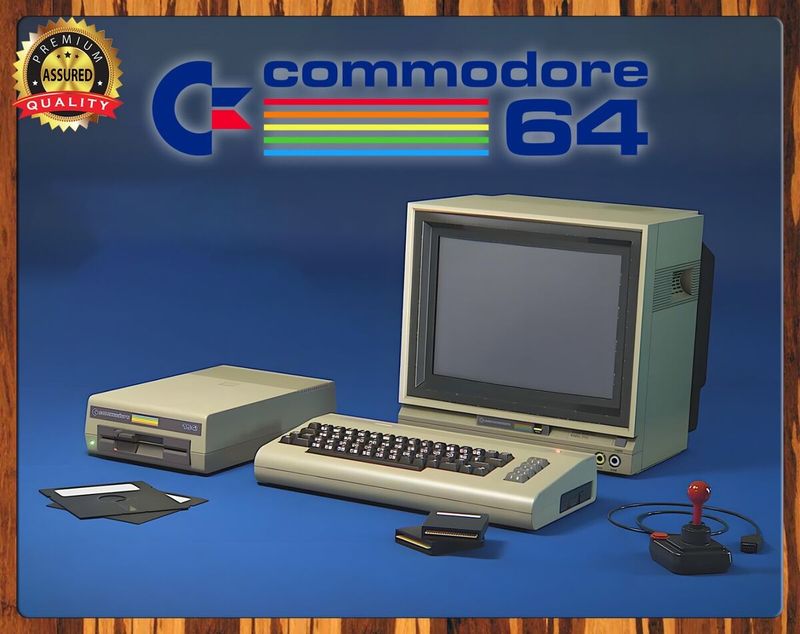
Commodore was a pioneer in personal computing with its groundbreaking Commodore 64, one of the best-selling computers ever.
Despite leading the home computer revolution, Commodore couldn’t keep up with IBM-compatible PCs and went bankrupt in 1994. Its innovative products, however, continue to evoke nostalgia.
2. Tandy/RadioShack
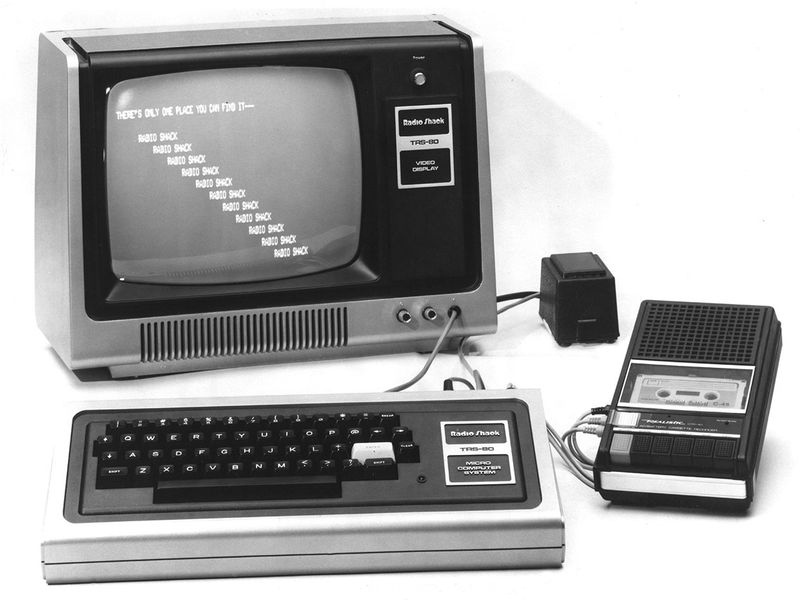
Tandy, under the RadioShack brand, was among the first to offer personal computers to the mass market. Their TRS-80 found popularity in the late 1970s and early 1980s.
Despite initial success, the company shifted focus to other electronics, unable to compete with Apple and IBM. RadioShack’s computer division faded, but it remains a symbol of early consumer access to computing.
3. Atari
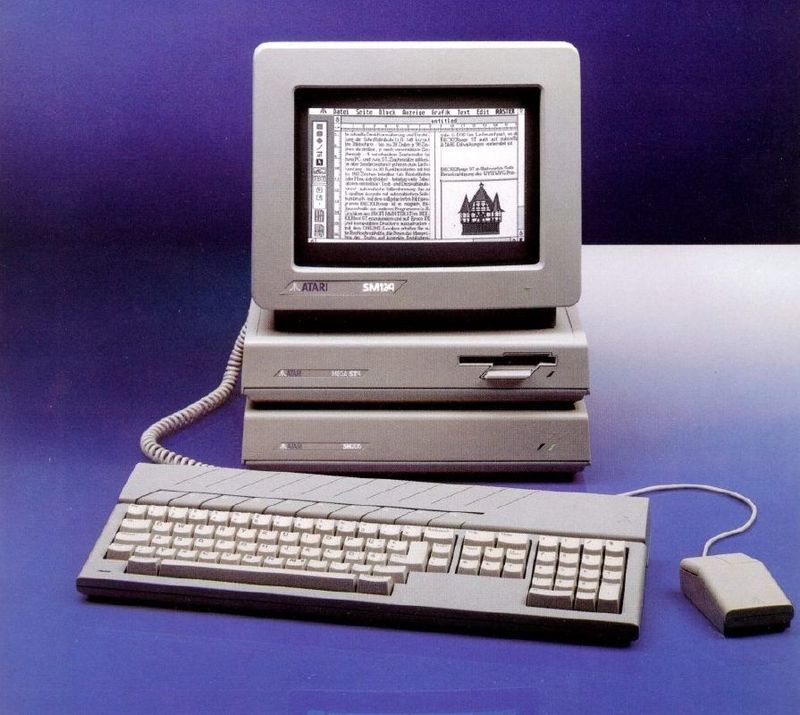
Known for its gaming consoles, Atari briefly ventured into personal computing with the Atari ST. In the early 1980s, excitement surrounded this venture, but internal mismanagement and poor marketing led to decline. Atari eventually sold its computer business.
Despite challenges, Atari’s role in the gaming industry remains influential.
4. Osborne Computer Corporation
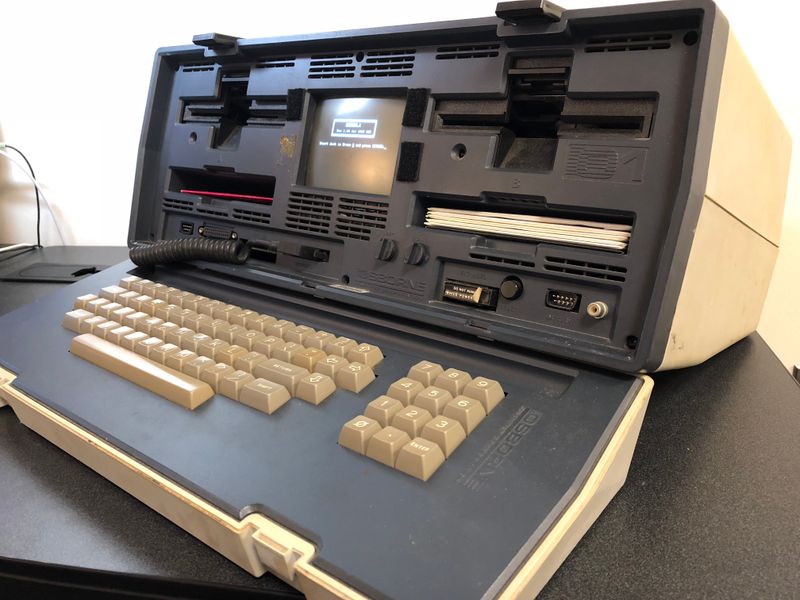
The Osborne 1 was the first commercially successful portable computer, capturing attention in the early 1980s. However, Osborne’s rapid expansion, along with an inability to keep pace with technological advancements, led to its downfall. It filed for bankruptcy just a few years after its debut.
This story illustrates the volatility in tech, showing how innovation must be paired with sustainable growth strategies to endure.
5. Digital Equipment Corporation (DEC)
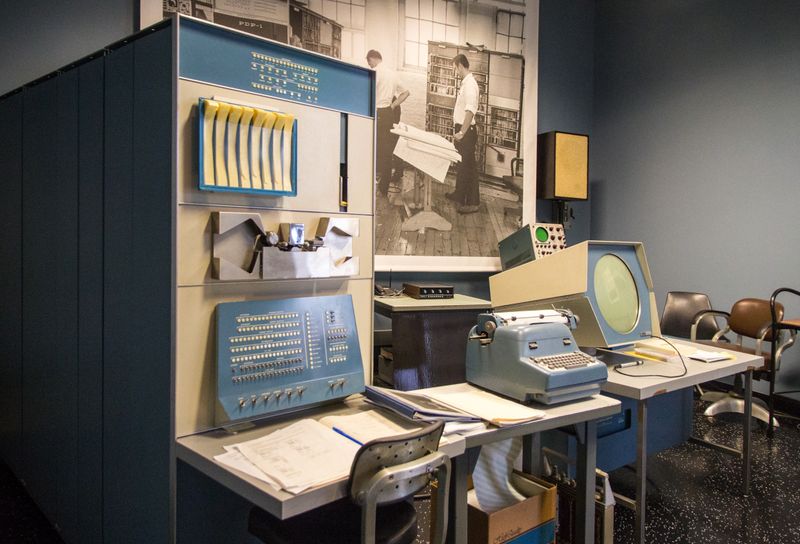
DEC was a leader in minicomputers with its PDP and VAX systems, pivotal in early scientific computing. Despite success, the rise of personal computers and IBM’s dominance pushed DEC out of the consumer market.
Acquired by Compaq in 1998, later merging with Hewlett-Packard, DEC’s journey reflects the shifting landscape of computing. Its legacy in minicomputers continues to influence modern technology.
6. Sinclair Research
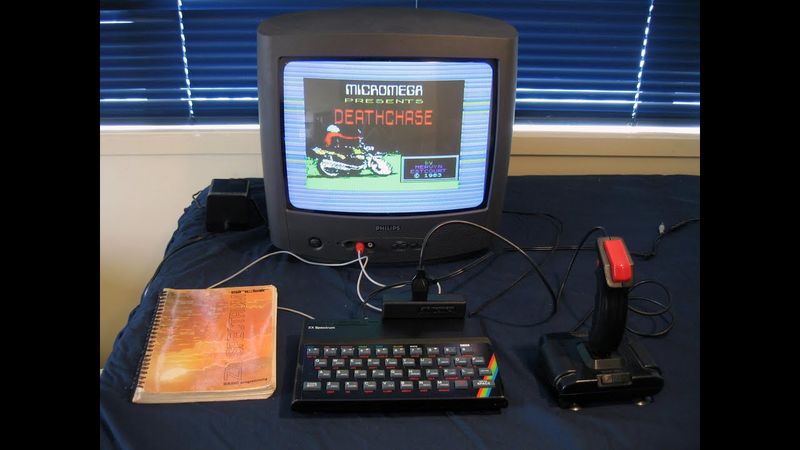
Founded by Sir Clive Sinclair, Sinclar Research created the ZX Spectrum, vastly popular in 1980s UK. It revolutionized the computer gaming industry, yet struggled financially against larger American brands like Commodore and Apple.
Despite fading, Sinclair’s impact on gaming and computing in the UK remains significant.
7. Packard Bell
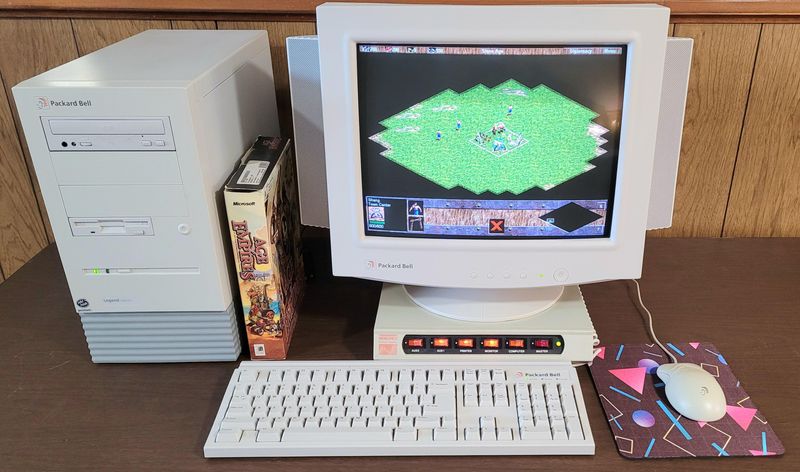
Packard Bell made its mark with affordable mass-market computers in the 1980s and 1990s. Initially successful, the company struggled with quality control amidst fierce competition from larger PC manufacturers.
Ultimately, it was absorbed by Acer in the early 2000s. Packard Bell’s story highlights the challenges of maintaining quality and innovation in a rapidly evolving tech landscape, where only the adaptable survive.
8. Amiga
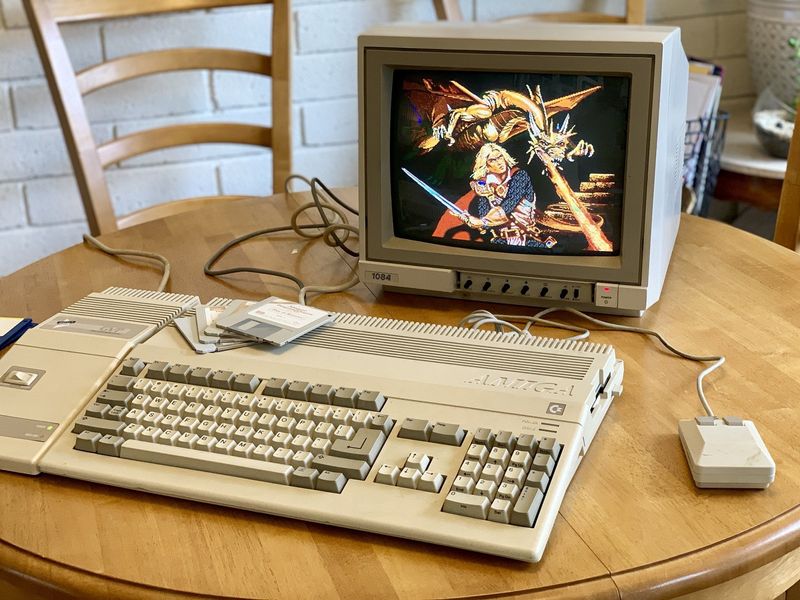
Developed by Commodore, the Amiga was a groundbreaking personal computer in the mid-1980s, known for exceptional graphics and multimedia. However, poor marketing and lack of developer support led to its downfall, overshadowed by IBM PCs and Apple Macintoshes.
Despite this, the Amiga’s innovative features left a lasting legacy in computing.
9. Wang Laboratories
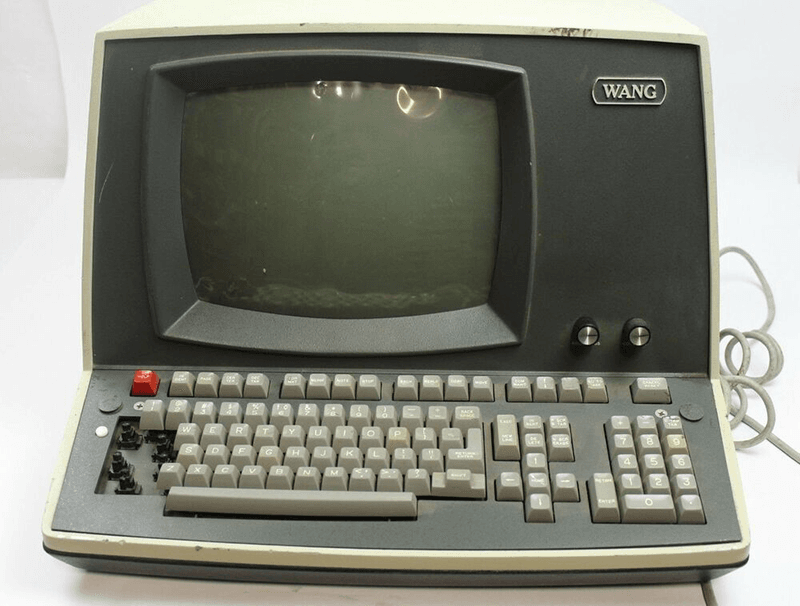
Wang Laboratories led in minicomputers and word processors during the 1970s and 1980s. Despite early success in office automation, it couldn’t pivot to the PC market’s growth, leading to its decline. By the mid-1990s, Wang filed for bankruptcy.
Its story reflects the importance of adaptation in tech, and its products remain a testament to the company’s role in shaping early computer technology and corporate computing solutions.
10. Kaypro
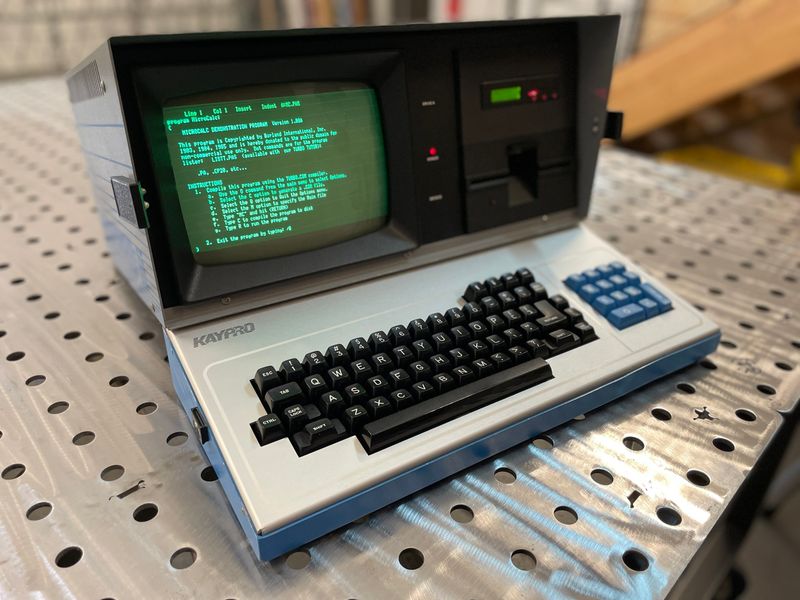
Kaypro made its name with portable computers like the Kaypro II and Kaypro 10. Popular with early adopters, the brand relied on outdated technology and poor sales strategies, leading to a swift decline by the late 1980s.
Kaypro’s legacy lives on through its contributions to the early days of portable computing, inspiring modern innovations.
11. Acorn Computers
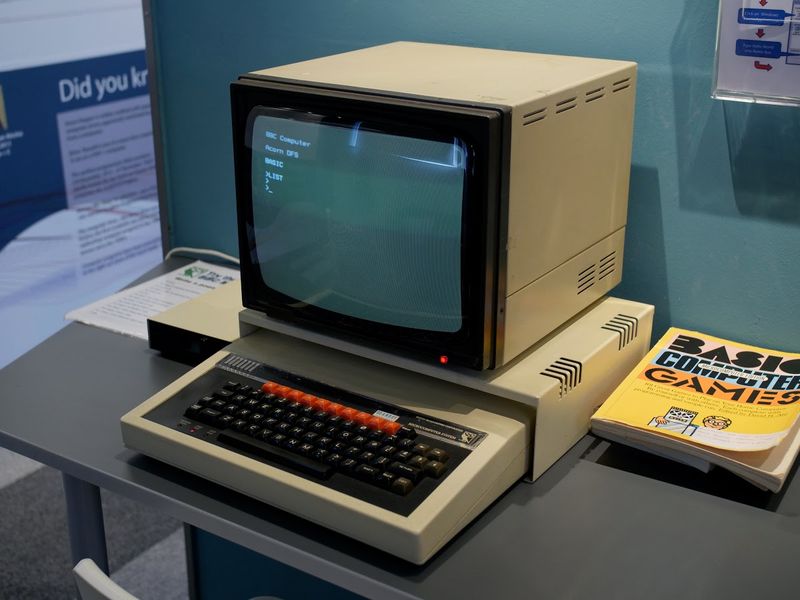
Acorn Computers, known for the BBC Micro, was popular in UK schools during the early 1980s. Despite technological advances, it struggled against the U.S. personal computer boom. Acorn pivoted to ARM processor development, now widely used in mobile devices.
This transition highlights the importance of innovation and adaptation.
12. Sampo
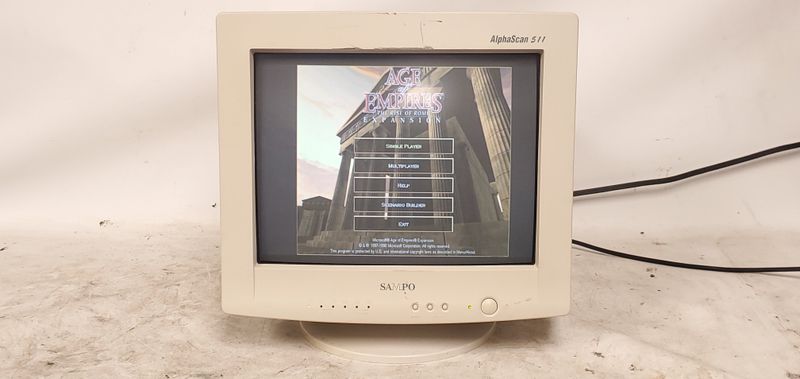
Although lesser-known, Sampo was influential in the early personal computer market with innovative desktop PCs and microcomputers. However, it faced challenges against larger players and eventually was absorbed, fading from the consumer market by the late 1980s.
Sampo’s story is a reminder of the intense competition and rapid evolution in tech, where only the most adaptive and strategic brands survive the test of time.
